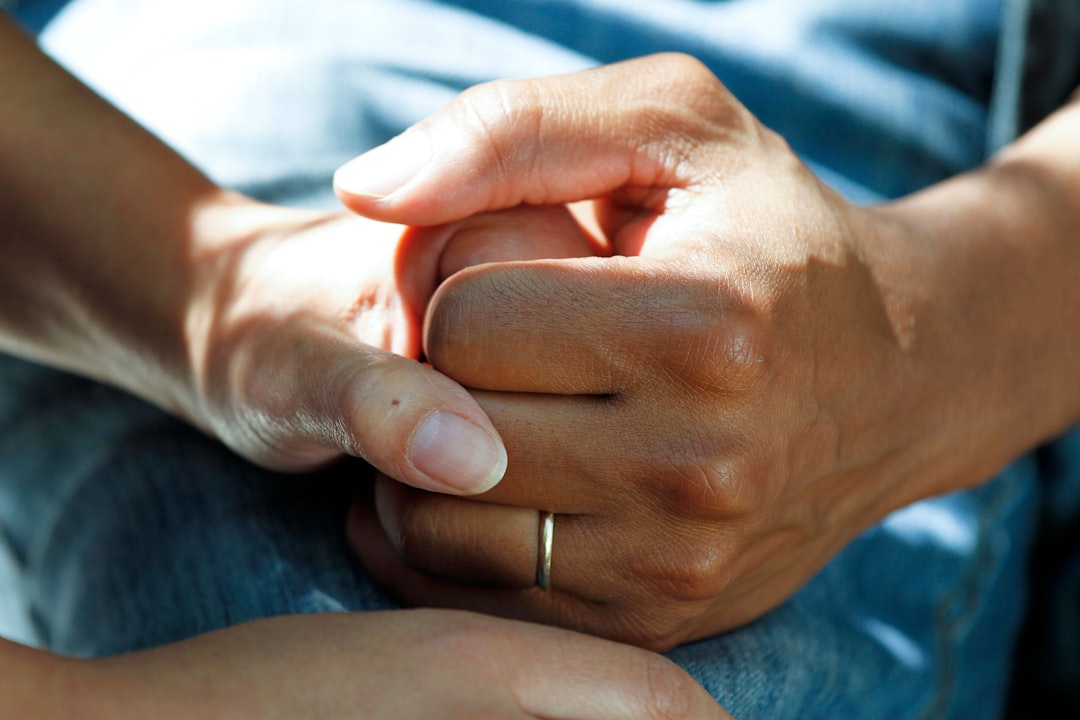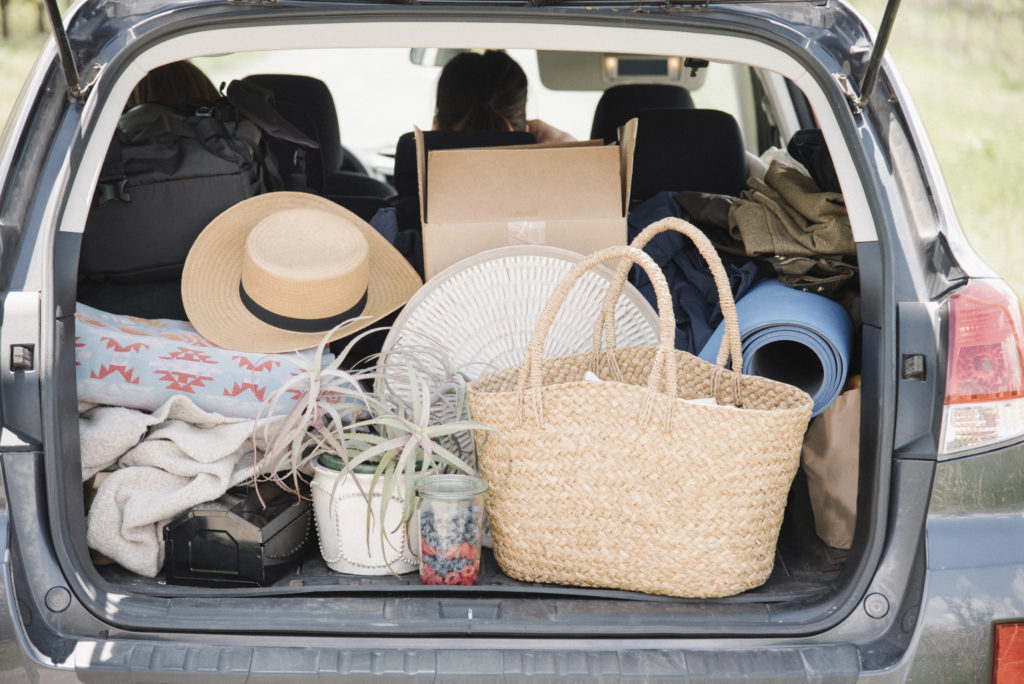When a loved one passes, it is difficult to cope with the loss. And dealing with their belongings can be hard, as it can be difficult to let go. It is often hard to know what to do with everything that was left behind. You may feel like you need to keep everything to remember them by, but this can be difficult and overwhelming. It is important to remember that you are not obligated to keep everything. You can choose what to keep and what to discard. It is important to remember that you are not alone through this difficult time. And there are people who can help you and support you as you heal. Below, you’ll learn three ways to manage a lost loved one’s belongings.
1. Gather belongings and create an inventory.
The first step is to gather all of the deceased’s belongings and create an inventory. This includes everything from clothes and jewelry to furniture and appliances. Most people tend to sort through their loved one’s belongings as they plan the funeral services. Funeral services are a life celebration, and it’s important to remember that there are plenty of resources to help you make the process easier during your time of need. Legacy Funeral Services, for example, can guide you through this difficult time with ease. Recovering from loss and finding grief support is important. And having assistance with funeral arrangements will make it easier to focus on other tasks, such as gathering their belongings.
Make sure to be thorough when you’re managing their items and that nothing is missed. Once the belongings have been gathered, it’s time to sort them into categories. This can be done based on type of item, function, or where it will be stored. Each category of belongings will need to be dealt with differently. Some items may be given away, sold, or donated. Others may need to be stored or disposed of. It’s important to make decisions based on what is best for the family and the deceased’s belongings. When you have an inventory of all of their items, it’ll be easier to figure out where each item will go. For example, some family members may want to keep some keepsakes like specific accessories or heirlooms. It’s important that you keep track of what goes where to ensure everything is accounted for throughout the process.
2. Decide what to keep.

While it’s natural to want to keep everything, this can often be impractical and overwhelming. This can be a difficult process, but it’s important to do it sooner rather than later. You don’t need to keep everything. You just need to make sure to keep any items that are important to you or other family members and friends. If you don’t want to keep the belongings, consider creating a memorial space in your home. This could be a dedicated shelf, cabinet, or corner where you can store photos, mementos, and other items associated with your loved one. This is common in many cultures and it’s a great way to continue to honor your loved one every day. If you don’t want to keep the belongings, but don’t want to get rid of them either, consider donating them to a charity or organization. This can be a meaningful way to remember your loved one and help others in need. There are plenty of charity organizations that can assist with the process.
3. Ask for help.

Dealing with a loved one’s belongings can be overwhelming, so it’s okay to ask for help from friends or family members. Everyone copes with loss differently, but there are some things that are helpful to know and do after a loved one has passed away. First and foremost, it is important to remember that you are not alone. There are many people who care about you and want to help, so don’t be afraid to ask for support. This may include family and friends, as well as professionals like therapists or grief counselors. It is also important to take care of yourself both physically and emotionally. This may mean getting enough sleep, eating healthy foods, and exercising. It is also important to allow yourself to feel your emotions. This may include sadness, anger, guilt, or any other feelings that come up. It is okay to cry and to talk about your loved one. Finally, it is important to find ways to honor your loved one’s memory. This may include things like setting up a memorial fund or planting a tree in their memory. Whatever you choose, do what feels right for you and helps you to feel connected to your loved one.
Coping with the death of a loved one can be difficult, but there is help available. Remember to ask for support, take care of yourself, and find ways to honor your loved one’s memory.











